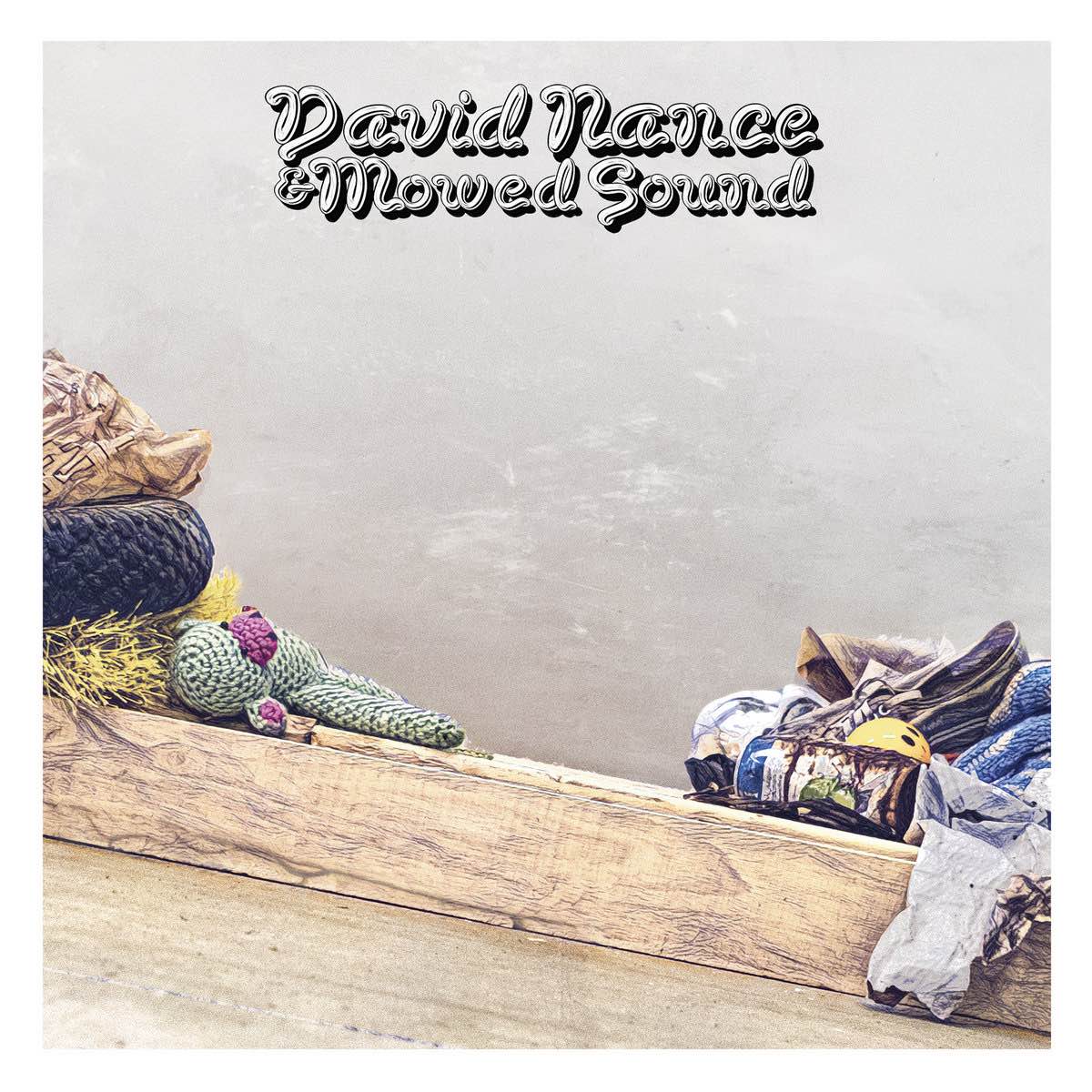David Nance
David Nance & Mowed Sound
THIRD MAN
I’ve interviewed David Nance twice, and the way he speaks and thinks about music and life is extremely consistent with the way he makes music and sings about life. He’s very chill, but will often use this demeanor to mask profundities. He’s wise but youthful, the sort of guy who you can tell has stories just by looking at his face. He would be a very good person to have four beers with. All of this is apparent on his new self-titled album with his current backing band Mowed Sound, which is his first for Third Man Records and his first since 2020’s Staunch Honey.
There’s one guiding philosophy on this album, which is basically “make everything sound like badass rock and roll.” A bit anachronistic, perhaps, but good rock music shouldn’t be punished just because fewer people are willing or capable of doing it these days. Opener “Mock the Hours” is perfect road trip music, channeling the ghost of high-achieving stoner Jerry Garcia in the propulsive pulse of the piano- and basslines that moves up and down the fretboard like a snake. The harmonies are ragged and charming, homespun but extremely competent. “Side Eyed Sam” taps into a similar motorik-style groove, but here Nance and his band lace the cut with a jazz-leaning groove. Just a different flavor to add to the pot. “No Taste Tart Enough” comes next, and it’s a smoky blues jam—what The Black Keys imagine they sound like.
In the promotional materials for the record, Nance referred to the album as a magic trick of sorts. I’m not sure I have any idea what he means by that, but it’s hard to hear a song like “Tumbleweed” and not be convinced that he made some deal with the devil or conjured some dark spirit to write a tune that good. It’s a mostly acoustic duet with Pearl Lovejoy Boyd about wanting to be—or at least seeing a lot of yourself in—a tumbleweed. Concept songs can be kind of miserable when executed poorly, but “Tumbleweed” is so delightfully whimsical that it not only works but is one of the crowning moments of the album. It’s impossible to not smile when Nance and Boyd sing, “Tumbleweed, don’t you roll on by me / I’d like to get tangled up in you.” Even better? “Tumbleweed, tumbleweed, don’t you roll on by me / I wanna leave this town as bad as you.”
Nance is obviously the star of the show here, but his band on this album fills out the record in a wonderful way. They’re the prototypical backing band: assured but never flashy, steady and always there beneath the gruff haze of Nance’s voice (perhaps “prototypical” isn’t giving the group enough credit, but they are what every backing band should be). This album reportedly began as a country project before it became whatever it is now, and while it’d be fun to hear Nance go full yeehaw, this is entirely more satisfying. There’s fried country funk (take a listen to “Cure vs Disease”), but the most exciting part of Nance as a songwriter is his willingness to take risks. It pays off pretty much every time.









